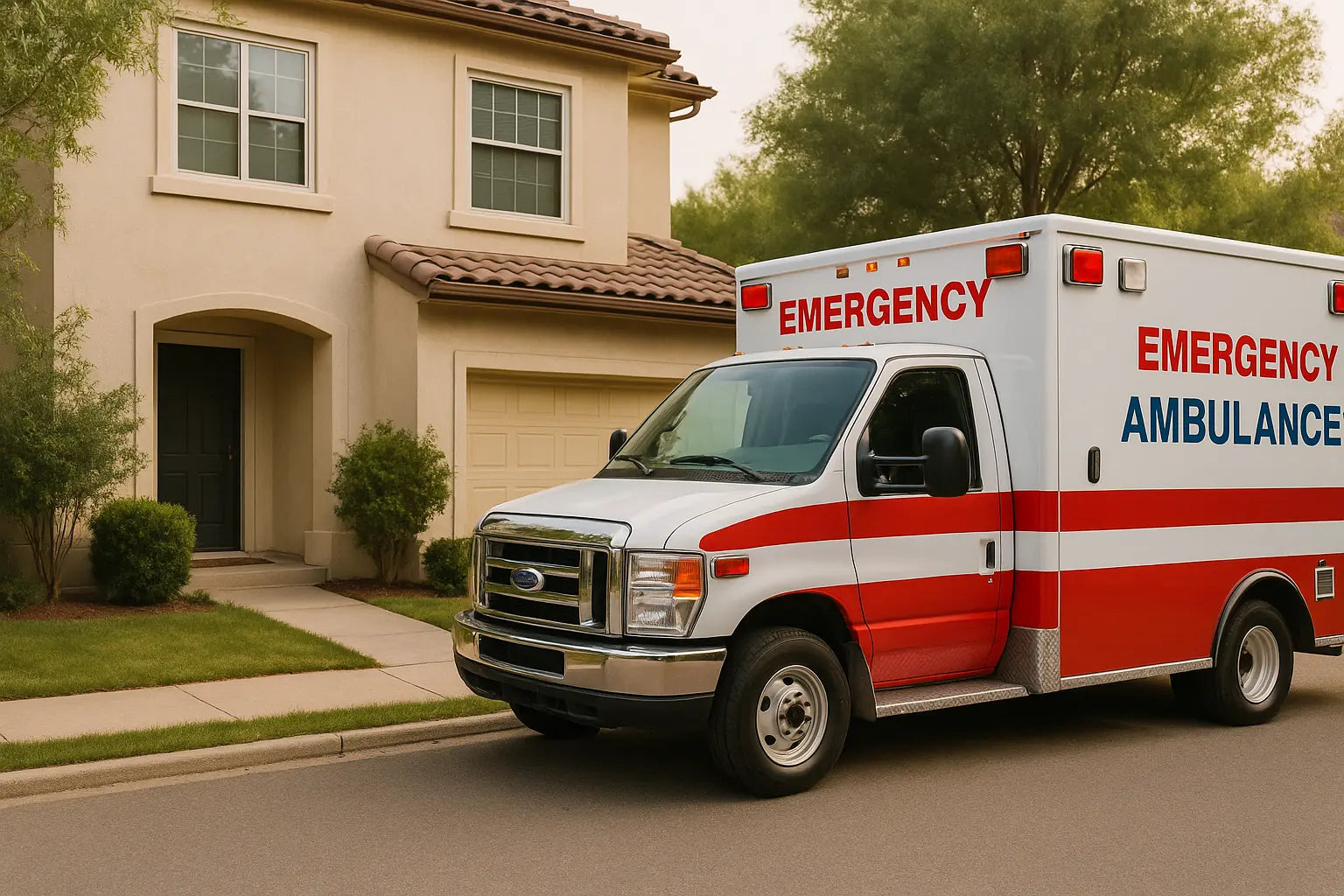
Who Opens Your Safe in an Emergency?
It’s not something most people think about until it becomes a real issue. A sudden accident, medical emergency, or hospital stay can leave your family locked out of important items stored in your home safe. The question is simple but urgent: who can open the safe if you can't?
Most modern safes, especially biometric safes and digital models, are designed to be secure. But the very extra security that keeps out intruders can also make access difficult when your loved ones need it most.
This is where safe access emergency planning becomes essential. It’s not just about what you’re storing, it’s about who can retrieve it when you can’t.
What Might Be Inaccessible During an Emergency:
-
Insurance documents
-
Health care directives or power of attorney forms
-
Prescription details or medications
-
Spare keys
-
Identification or passports
-
Backup cash or cards
How to Prepare Before It Happens:
-
Set up a secondary user. Make sure a trusted person can access the safe using their own biometric profile or PIN.
-
Choose a safe with multiple access options. Many extra security safes allow more than one user profile.
-
Provide an override method. Keep the override key stored in a secure, accessible place outside of the safe.
-
Share the process. Write down clear instructions and store them somewhere safe, such as a digital family folder.
At ISLANDSAFE, we believe that a safe should do more than just lock things away — it should support you in every situation, including the ones you never see coming. Emergencies don’t wait for the right moment, and neither should access to the important items you’ve stored for protection. That’s why our safes are designed with safe access emergency features in mind, including biometric safes with multiple user profiles, override keys, and easy-to-follow setup options.
Whether it’s a health crisis, accident, or unexpected absence, the right home safe shouldn’t become an added stressor. With just a few extra steps in planning, you can ensure your family or trusted contacts can step in and get what they need — when they need it most. At the end of the day, real extra security means knowing your valuables are both safe and accessible when it truly matters.







